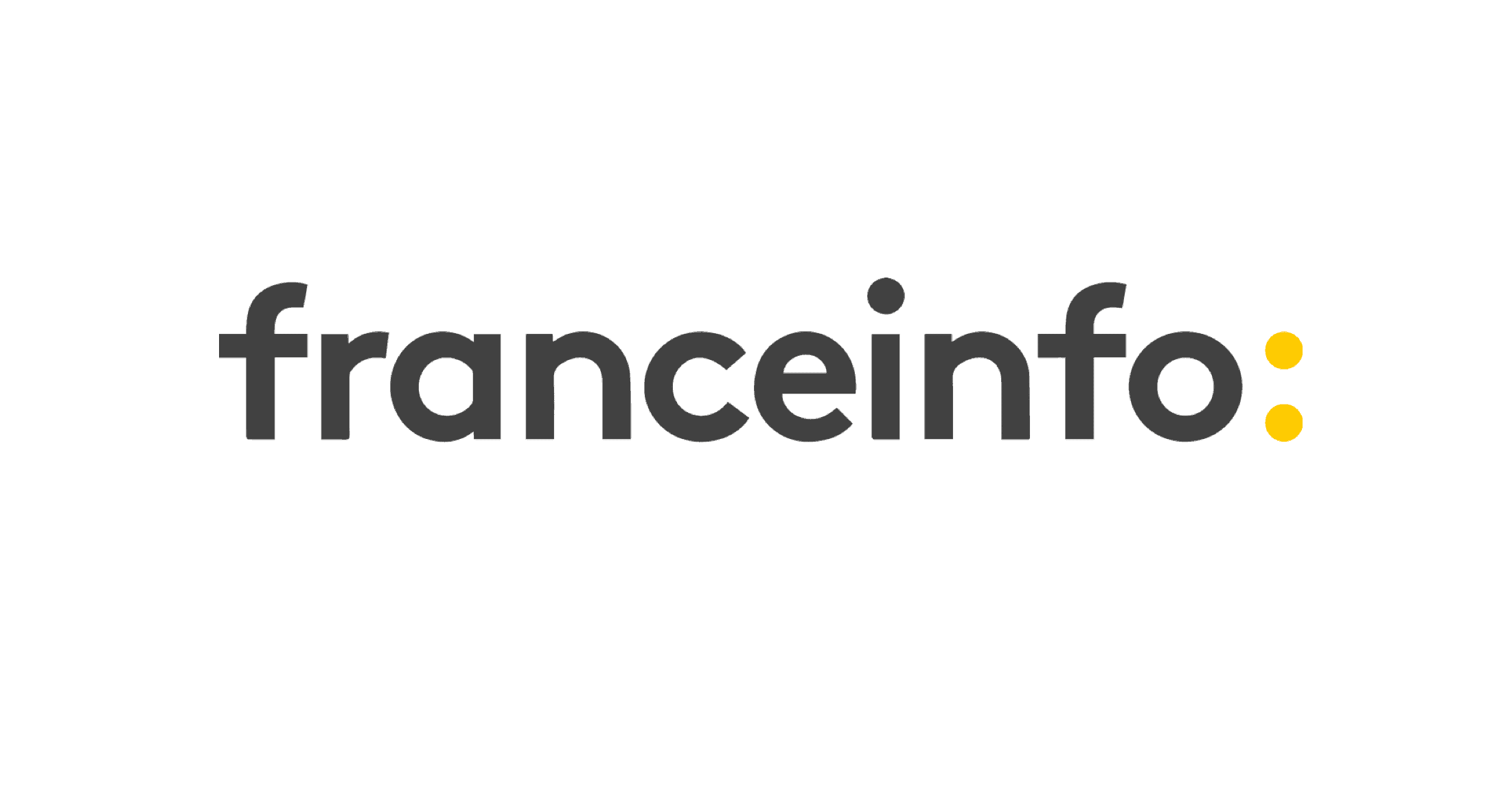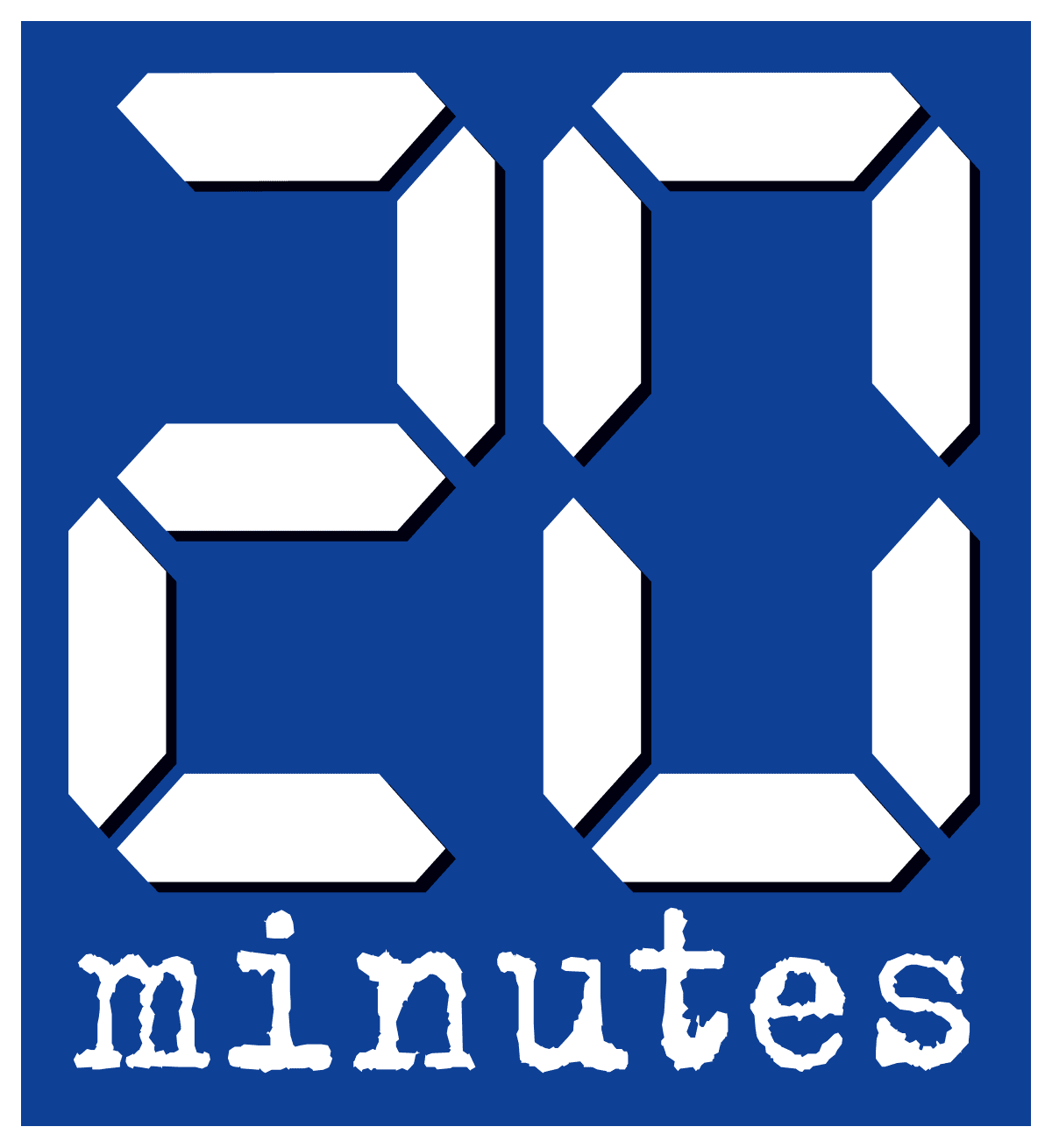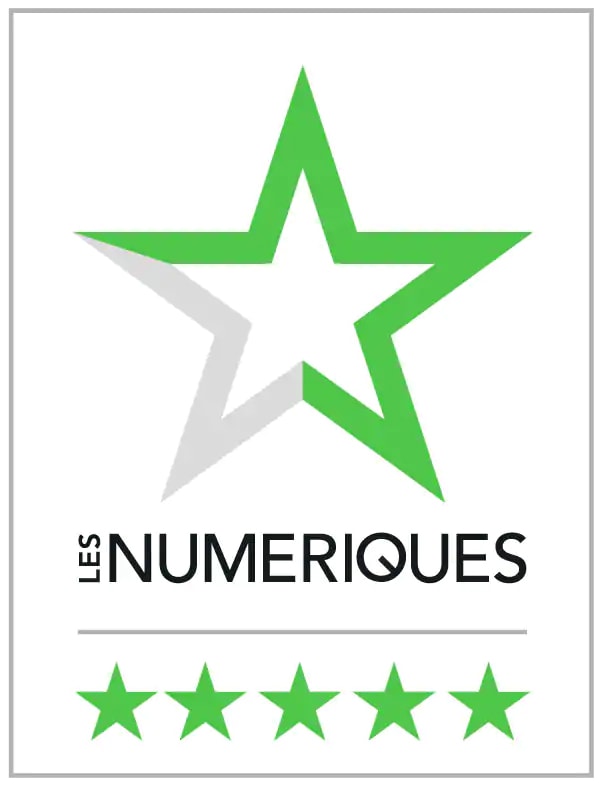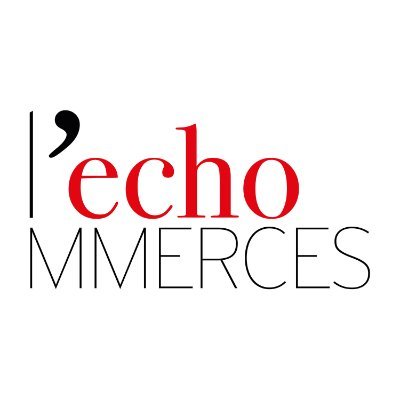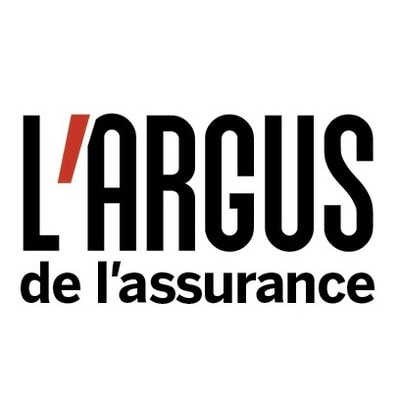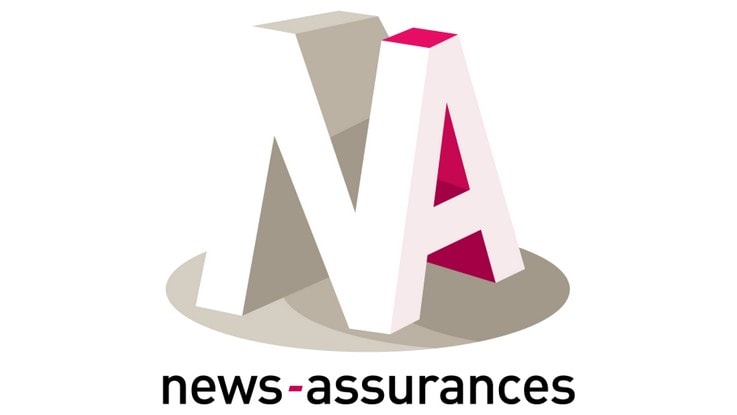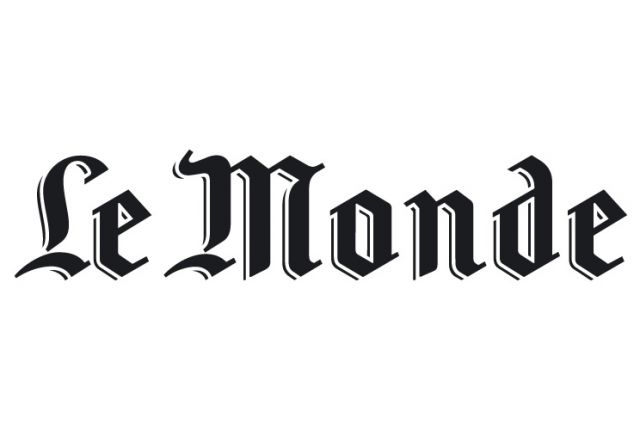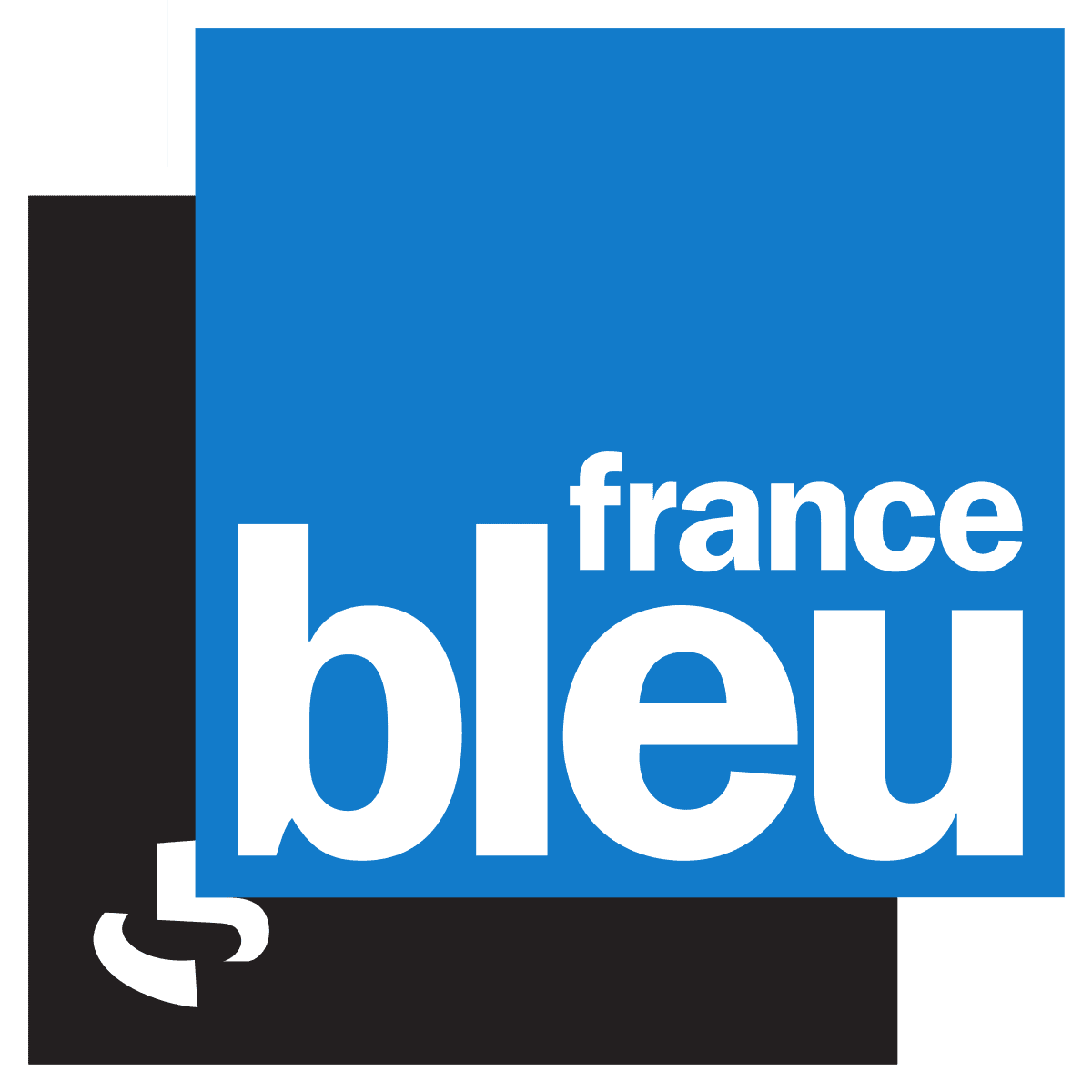Lawyers for NFT
Beaubourg Avocats Law Firm has developed expertise in several areas, including NFT (Non-Fungible Token).
We are a French based Law Firm (Paris Bar) and provide legal advise on NFTs. They are unique digital assets that use blockchain technology to prove ownership and authenticity. They are used in a variety of industries, such as art, music, gaming, and sports.
We would be delighted to put our skills at your disposal to assist you in both advice and litigation.

Transparent fees

Availability

Expertise
Do not hesitate to contact us to explain your situation.
Contact us
Frequently Asked Questions
What is a Lawyer for NFTs ?
A lawyer for NFT is an attorney who specializes in the legal aspects of NFTs. NFTs are unique digital assets that use blockchain technology to prove ownership and authenticity.
They are used in a variety of industries, such as art, music, gaming, and sports.
A Lawyer for NFT advises clients on matters related to NFT transactions, including contract formation and enforceability, intellectual property, and tax implications.
They help navigate the complex legal landscape around NFTs and ensure that their clients’ activities are compliant with relevant laws and regulations.
They also assist clients in the creation and sale of NFTs, and in resolving disputes related to NFT ownership and authenticity.
NFT law is a rapidly evolving field, and a NFT lawyer plays an important role in ensuring that their clients are informed and protected in this dynamic and growing market.
How can a Lawyer for NFT help me ?
A lawyer specializing in NFT law can help in several ways:
- Contract formation and enforceability: They assist in the creation of NFT sales contracts and ensure that they are legally binding and enforceable.
- Intellectual property: They help clients protect their NFT-based intellectual property through patents, trademarks, and copyrights.
- Regulatory compliance: They advise clients on how to comply with relevant laws and regulations related to NFTs and the broader blockchain industry.
- Tax implications: They provide guidance on the tax implications of NFT transactions and ownership.
- Litigation: They represent clients in court in disputes related to NFT ownership, authenticity, and transfer.
- NFT offerings: They advise clients on the legal and regulatory considerations involved in conducting NFT sales and offerings.
Overall, a lawyer specializing in NFT law can help businesses navigate the complex legal landscape around NFTs and ensure that their activities are compliant with relevant laws and regulations, while protecting their interests and mitigating risk. They play an important role in ensuring the continued growth and development of the NFT market by providing legal certainty and stability to participants.
What is NFT Law ?
NFT law refers to the legal framework that governs the use and ownership of Non-Fungible Tokens (NFTs).
It encompasses a range of legal issues including contract formation and enforceability, intellectual property, taxation, consumer protection, and anti-money laundering, among others.
NFT law seeks to address the challenges posed by this new technology and provide a regulatory environment that fosters innovation while protecting consumers and the broader financial system.
NFT law is a rapidly evolving field, as governments and regulatory bodies around the world seek to balance the benefits of NFTs with the need to maintain stability and protect the public interest.
NFT law covers a wide range of topics, including the creation and sale of NFTs, the transfer of NFT ownership, the protection of NFT-based intellectual property, and the resolution of disputes related to NFTs.
A clear and consistent legal framework for NFTs is essential for the continued growth and development of this market.
What is NFT ?
NFT stands for Non-Fungible Token. It is a unique digital asset that uses blockchain technology to prove ownership and authenticity.
NFTs are different from traditional cryptocurrencies (such as Bitcoin) in that each NFT is unique and cannot be replaced or exchanged on a one-to-one basis. This makes them ideal for representing unique items like works of art, music, videos, collectibles, and other digital content.
An NFT is stored on a blockchain, and the ownership and authenticity of the NFT can be easily verified and tracked.
This allows creators, artists, and other content owners to sell and transfer ownership of their work in a secure and transparent manner.
The decentralized nature of blockchain technology also provides added security and protection for NFTs and the rights of their owners. The popularity and use of NFTs have exploded in recent years, and they are increasingly being used in a variety of industries and applications.

